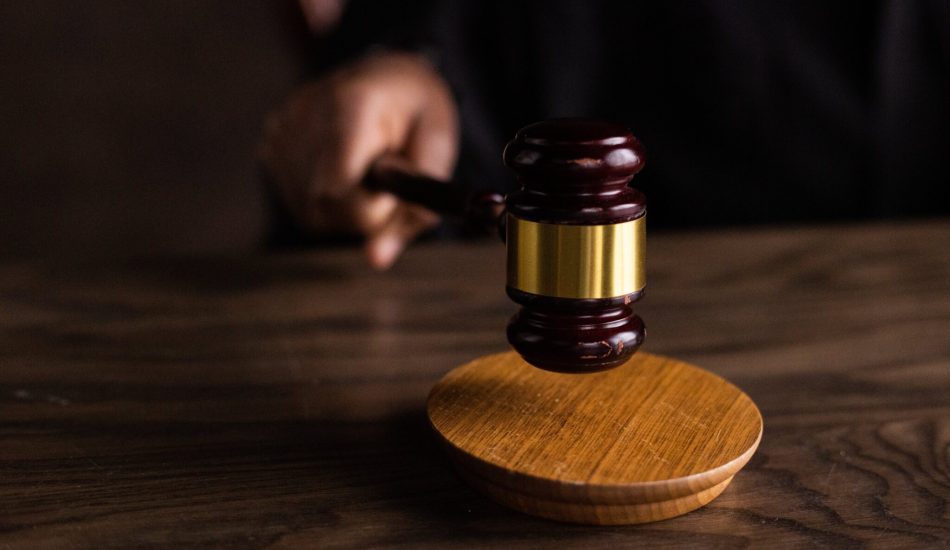How Often Do Criminal Trials Require A Jury?

The vast majority of criminal cases will never go to trial. While you have the right to have your case heard by a jury of your peers, most defendants will either manage to have their charges dropped or reach a plea agreement that avoids the need for these proceedings.
While criminal trials do not often require a jury, it is the defendant who has the right to choose if they are used or not. A dedicated criminal defense attorney from Grand Canyon Law Group can help you determine if you are better off resolving your case out of court or perhaps even going to trial in front of only a judge.
TRIALS ARE UNCOMMON
The jury trial is one of the fundamental rights of the criminal justice system. Guaranteed by the Sixth Amendment to the U.S. Constitution, the opportunity to have criminal charges heard by an impartial jury provides the accused with the chance for a fair outcome.
Despite the importance of this option, the reality is that many defendants will not take it. In many criminal cases, the state will have sufficient evidence to secure a verdict should a trial go forward. Because the penalties resulting from a trial are uncertain and often severe, many opt for a plea bargain.
Avoiding trial is possible when the defendant enters a plea of guilty, but that is not the only scenario where this outcome is possible. If the judge or prosecutor dismisses the case, there is no need for a trial of any kind.
Deciding whether to go to trial is a big decision that should not be made alone. Grand Canyon Law Group provides the accused with the information they need to make the right choice.
GOING TO TRIAL WITHOUT A JURY
Not all trials are decided by a jury. While this is by far the most common approach, defendants have the option of pursuing a bench trial, which involves the judge deciding not only the legal questions raised at trial, but also the factual ones as well.
There are different reasons why a defendant might prefer to have a judge take the place of a jury. Some allegations are so damning that it can be difficult for some people to come to a fair conclusion. Given their legal training, judges are often more likely to set aside the severity of the allegations and look only at the facts.
WHO DECIDES IF A CASE GOES TO TRIAL?
Only the defendant can decide if they want to go to trial—whether it is in front of a jury or not. The state can make a plea offer or dismiss the charges, but the defendant otherwise is empowered to make this choice on their own.
They have the right to lean on their legal counsel when making this decision. However, a lawyer cannot select a bench trial or agree to a plea bargain on a defendant’s behalf. Only the accused can ultimately decide what they wish to do.
TALK TO AN ATTORNEY ABOUT POTENTIALLY TAKING A CRIMINAL TRIAL TO A JURY
Jury trials might not happen in many criminal cases, but they are always an option. If you have been arrested, you have the chance to demand a jury trial regardless of how many plea offers the state makes. Reach out as soon as possible to discuss your rights with Grand Canyon Law Group today.
